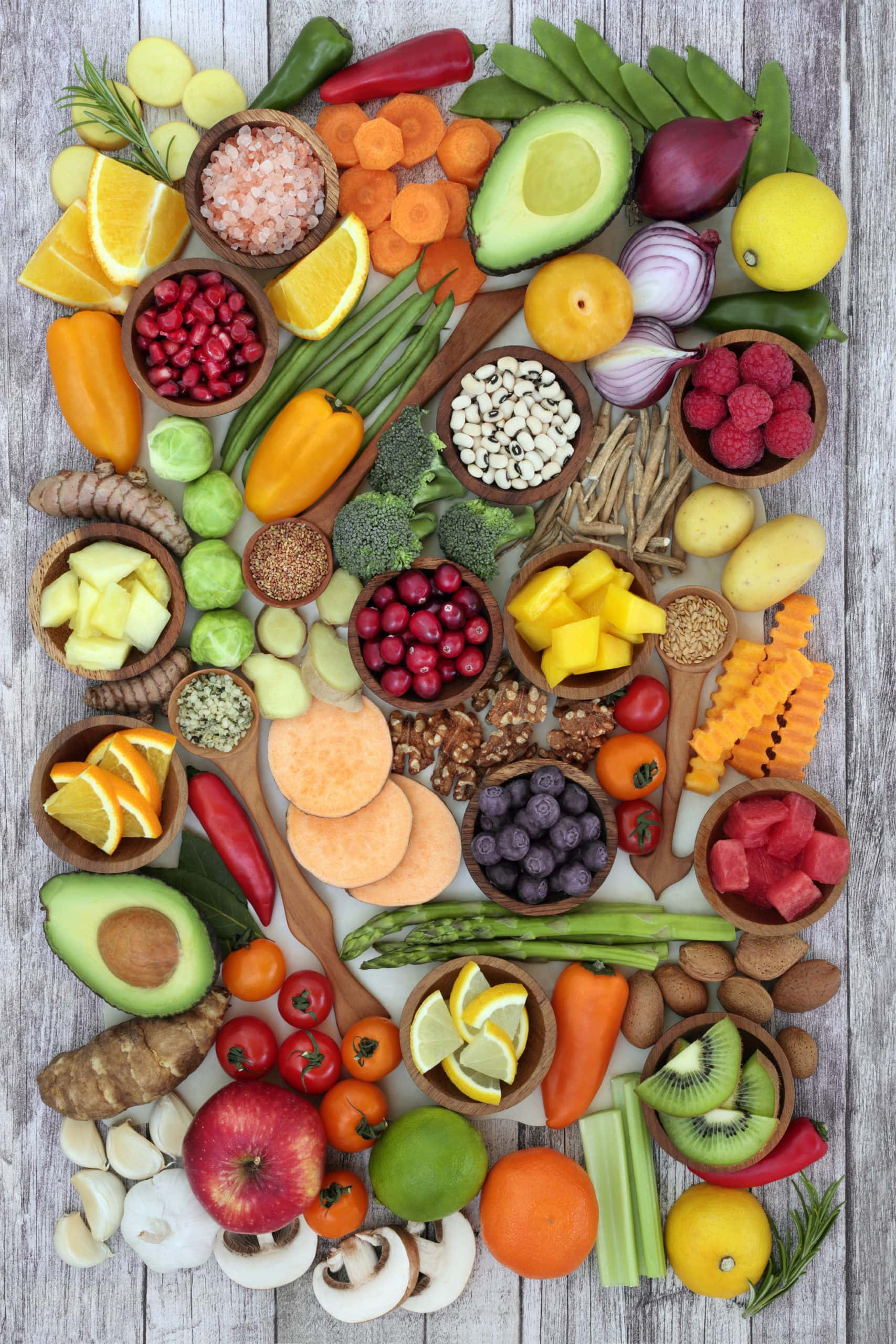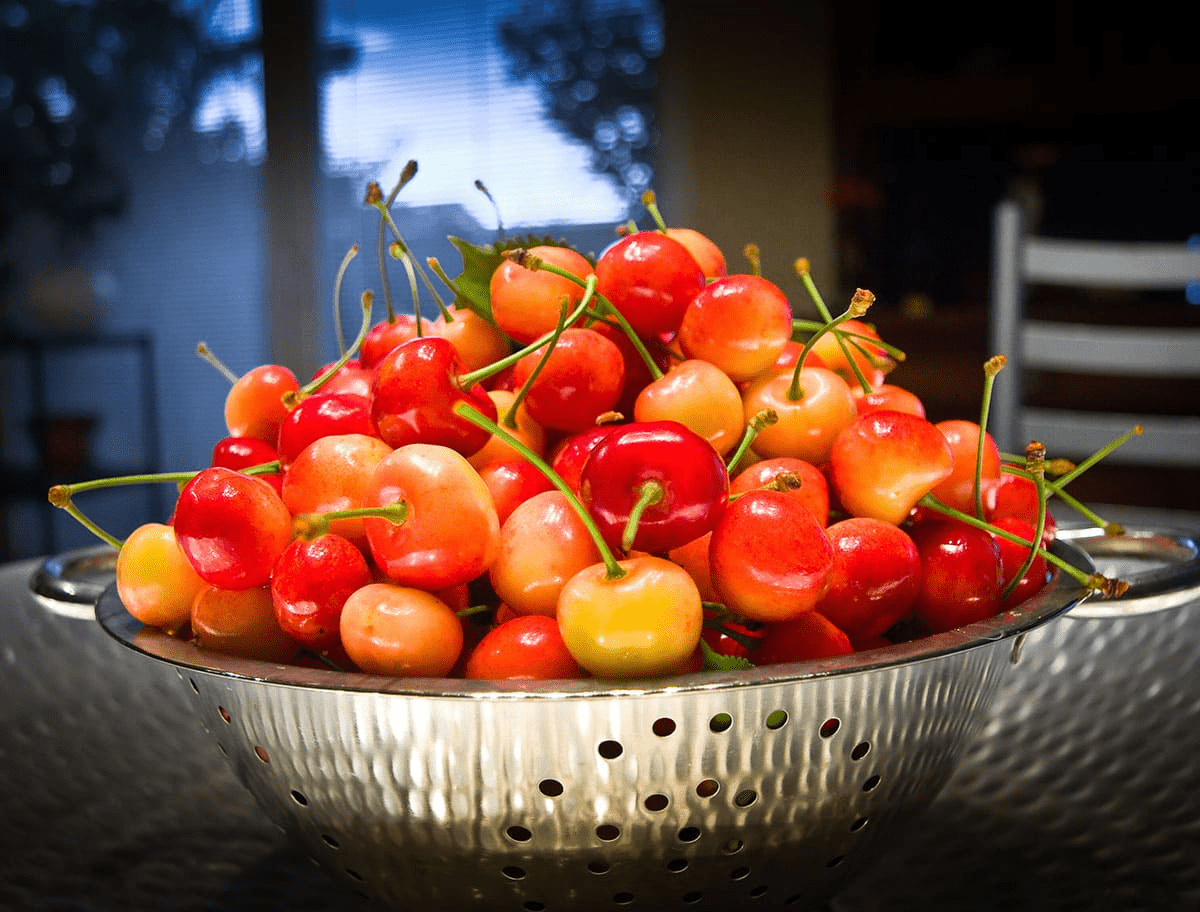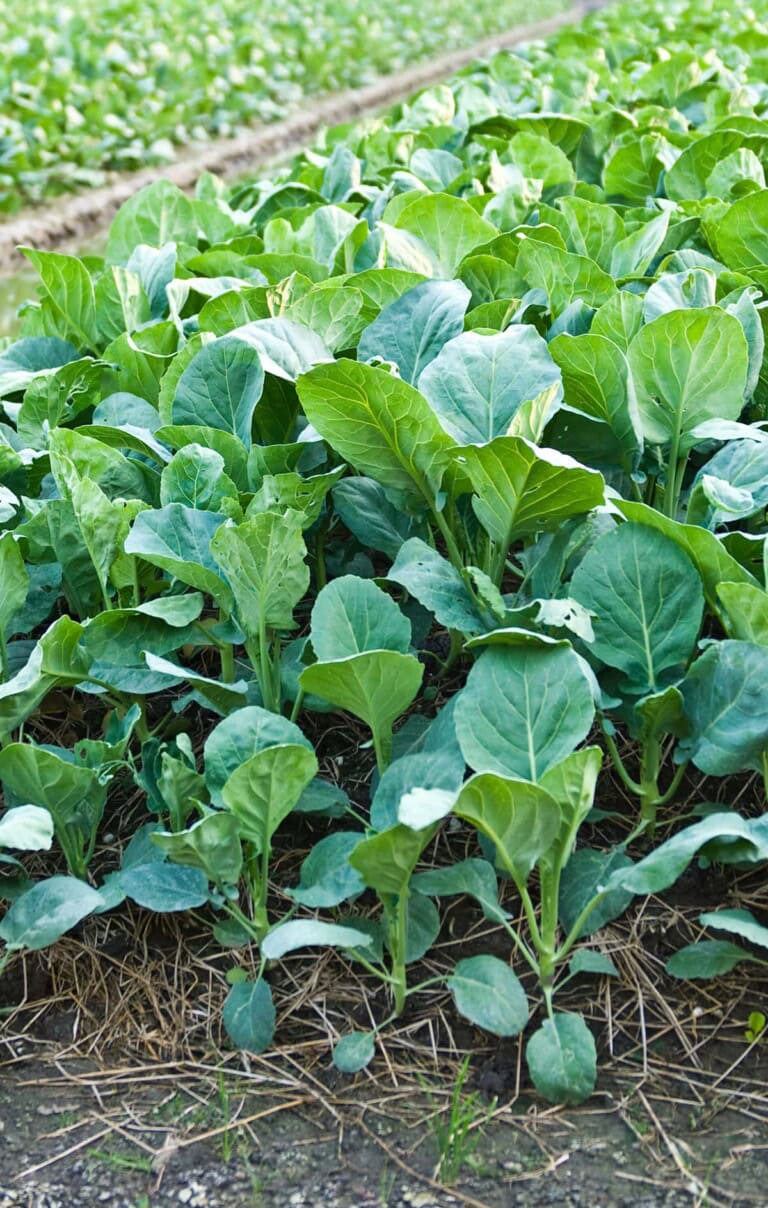Vegan Brain Booster Foods to Consume
An often overlooked aspect of a vegan diet and lifestyle is the ability to boost your brainpower, increase your focus, and keep your mind clear and sharp. Your productivity is greatly influenced by what you eat and how you generally live your life. According to research, plant-based foods can promote mental wellbeing, increase energy levels, and boost productivity.
The brain controls all the thoughts, feelings, and actions of the body, making it essential to be fueled properly in order to perform at optimal levels. However, as humans have evolved and modern life has taken over, we have become less connected with where our food comes from and how that food affects our health.
Fortunately, there are some very easy ways to protect your brain and body through what you put into your mouth on a daily basis.
Here are the best vegan brain booster foods to include in your diet.
See, 13 Best Anti-Inflammatory Super-Foods To Consume and 10 Foods To Boost The Immune System.
1. Anti-inflammatory foods
Best examples of anti-inflammatory foods to boost brain health include:
- Berries (strawberries, raspberries, blueberries, and blackberries)
- Broccoli
- Peppers (chili peppers, bell peppers)
- Flaxseeds
- Garlic
- Avocado
- Grapes
- Mushrooms
- Turmeric
- Extra virgin olive oil
- Tomatoes
- Nuts (walnuts, pecans, hazelnuts, almonds)
- Leafy green vegetables (swiss chard, kale, spinach, collard greens)
- Cherries
- Citrus fruit (grapefruit, lemon, lime, orange)
Why are anti-inflammatory foods brain booster foods?
Inflammation is the root cause of most conditions, including those affecting the brain. It’s thought to play a role in developing Alzheimer’s disease and other cognitive disorders. Those at risk of these diseases, like the elderly, may want to be careful about which foods they consume on a regular basis.
Nonetheless, anti-inflammatory foods may help anyone maintain a healthy brain and delay cognitive decline as they advance in age. So, if you are interested in taking steps to improve your brain health, it’s time to get familiar with anti-inflammatory foods.
Eating anti-inflammatory foods frequently will support your brain’s natural inflammation-fighting capabilities and help keep brain inflammation at bay.
Anti-inflammatory foods may also help promote other aspects of health, including gut health. A healthy digestive system is greatly associated with increased energy levels and mood. This is because good gut bacteria regulate your feel-good hormone, serotonin, in the brain, keeping you jovial and productive.
Anti-inflammatory foods also help switch off your stress reactions and calm your nervous system. This helps maintain a good mood, leading to a more relaxed approach to work, thus boosting your productivity.
Additionally, inflammation causes an inadequate supply of energy to the brain, causing you to be fatigued and anxious. In contrast, an anti-inflammatory diet, especially for dinner or breakfast, can help you stay energized throughout your morning. Read Anti-Inflammatory Superfoods.
2. Fermented probiotic-rich foods
The best probiotic foods to boost brain health include:
- Sauerkraut
- Plant-based yogurt (almond milk yogurt, coconut milk yogurt, cashew milk yogurt, oat)
- Plant-based kefir (coconut kefir, hemp milk kefir, oat milk kefir, almond milk kefir)
- Tempeh
- Kimchi
- Miso
- Natto
- Fermented vegetables
- Fermented pickles
- Beet kvass
- Kombucha
Why are probiotic-rich foods brain booster foods?
If you’re not familiar with the term, probiotics are good bacteria that live in your digestive tract and help to keep your body healthy. As it turns out, though, these good guys can have an even greater impact on your body’s well-being – in this case, on your brain health!
Your gut and your brain are interconnected in more ways than you realize. Without a healthy gut, there can be no healthy mind. The connections between your gut and your brain are so deep and extensive that some experts believe 90% of your brain is in your gut! If you’re trying to keep your mind as sharp as possible—which can have an enormous impact on your brain—it’s important to pay attention to what happens in both areas.
A probiotic-rich food can help improve gut health, which in turn promotes brain health. Your gastrointestinal tract is home to roughly 100 trillion microorganisms; beneficial (probiotics) and harmful bacteria. Studies show an association between intestinal bacteria imbalances and mental disorders such as anxiety, depression, bipolar disorder, and autism. Imbalances occur when there are more harmful gut bacteria than beneficial ones. Regularly consuming probiotic foods can help increase your good gut bacteria, which increases the immune system and lowers the risk of diseases.
A healthy gut also promotes high energy levels and productivity by enhancing key nutrient absorption. Nutrients known for increased energy levels include iron, potassium, omega-3, and vitamins K and B.
Additionally, probiotics also promote tryptophan production in the body. Tryptophan is an amino acid that promotes the production of serotonin, which is a feel-good hormone. Read 8 Best Natural Probiotics For Vegans.
3. Sleep enhancing foods
The best sleep-enhancing foods to promote brain health include
- Almonds
- Chamomile tea
- Kiwi
- Tart cherry juice
- Walnuts
- Passionflower tea
- Bananas
- Kale
- Whole grains
- Watermelon
- Pineapple
- Goji berry juice
Why are sleep-enhancing foods brain booster foods?
Research indicates that as many as two-thirds of Americans are not getting the sleep they need on a regular basis, and there is evidence that this can impair cognitive functions leading to various conditions, including Alzheimer’s disease.
In order to stay healthy in the long term, it’s essential to make sure you’re giving your body the sleep it needs each night in order to function properly and stay sharp into old age.
However, with many things on our minds, it can be difficult to get enough sleep each night. A lack of sleep may cause loss of focus and concentration. It may also contribute to other health issues, including lowered immune function, higher risk of weight gain, lower bone density, and even depression.
Getting enough sleep at night helps your brain regenerate and repair itself, ensuring that you wake up feeling sharp and refreshed each morning.
Additionally, low productivity and low energy levels are greatly associated with inadequate sleep. Luckily, various plant foods can help regulate your sleep cycle and improve your sleep quantity and quality.
Almonds, along with other types of nuts, are a good source of magnesium which may improve sleep. They also promote the production of melatonin, a hormone that signals your body to prepare for sleep.
Chamomile tea is another one that has been shown to reduce insomnia and improve sleep. This is because it contains apigenin, an antioxidant that promotes sleepiness and overall sleep quality.
For example:
Tart cherry juice contains high levels of melatonin which promotes sleepiness and relieves insomnia. It’s also a good source of potassium, magnesium, and phosphorus. Having a glass of tart cherry juice before bedtime may enhance your sleep onset, depth, and length.
Dark green leafy vegetables such as collard greens, kale, watercress, and arugula are rich in magnesium and calcium, enhancing the relaxation of muscles and the nervous system. Plus, calcium is responsible for the production of the sleep-inducing hormone melatonin.
4. Whole grains
The best whole grains to promote brain health include
- Oats
- Quinoa
- Barley
- Brown rice
- Bulgar wheat
- Whole grain bread
- Whole Grain Pasta
Why are whole grain foods brain booster foods?
Whole grain foods are widely known to promote heart health and reduce the risk of heart disease, but many people aren’t aware that they can also promote brain health. That’s right—whole grains have some of the highest antioxidant capacities, making them super-protective against neurodegenerative diseases like Alzheimer’s and Parkinson’s disease, depression, and even memory loss.
When researchers looked at the eating habits of nearly 400 people aged 70 to 89 years old, they found that those who ate whole-grain foods were less likely to develop dementia than those who rarely ate whole grains. Further analysis showed that people who ate one serving a day of whole grains had an 8% risk reduction in developing dementia compared with those who never or rarely ate them. For every additional serving of whole grains eaten per day, the risk was reduced by 4%.
In another study, researchers analyzed data from over 15,000 men and women over age 65 and found that those who ate four servings of whole grains daily had a slower decline in their thinking skills than those who ate fewer or no whole grains.
Whole grain metabolism
When digested, processed carbohydrates quickly spike your blood sugar, followed by a drastic drop. This will leave you hungry and with low energy levels.
On the other hand, whole-grain carbohydrates are high in fiber, which takes longer for your body to digest. This allows a slow release of sugar which helps spread out the energy you gain from them.
As a result, you will experience a steady sugar supply allowing you to stay productive for the better part of your day. Also, processed foods are generally high in fats and trans fats, making you tired and sluggish.
5. Omega-3 foods
The best omega 3 rich foods to promote brain health include
- Chia seeds
- Brussels sprouts
- Hemp seed
- Algal oil
- Walnuts
- Flaxseed
- Pumpkin seeds
- Edamame
Why are omega-3 rich foods brain booster foods?
Omega-3 fatty acids are considered essential fats, meaning your body cannot produce them on its own, and you must get them from food. These essential fats play a number of important roles in health, but perhaps their most important benefit is maintaining optimum brain performance and development in childhood. In fact, research has shown that people who consume higher amounts of omega-3s have less age-related cognitive decline than those who eat fewer omega-3s.
Omega 3 fatty acids exist in 3 forms: ALA, DHA, and EPA. ALA is the form present in plant foods, while DHA and EPA are present in animal foods. DHA and EPA are essential for brain function and brain development. This may cause someone on a plant-based diet to think they are missing out on this important nutrient. The good news is ALA in plant foods is converted into DHA and EPA in the body before absorption and utilization.
If you want a more active form of DHA and EPA, seaweed, nori, spirulina, and chlorella are the only plant-based sources to enhance your dietary intake.
Omega 3 fatty acids help your body form new blood vessels and improve blood flow throughout your body, and this includes your brain, where they reduce the risk of stroke and boost cognitive performance as you age. Omega 3 fatty acids also reduce inflammation throughout your body, and inflammation can accelerate mental decline in Alzheimer’s patients or those with other neurodegenerative diseases like dementia or Parkinson’s disease.
In one study, people with age-related cognitive decline were put on 900 mg of DHA every day for 24 weeks. At the end of the study, DHA supplementation enhanced memory and learning test performance more than the placebo.
Also, omega 3 fatty acids help boost neurotransmitters like dopamine and serotonin, which help alleviate stress and anxiety and relieve depression symptoms.
Additionally, omega 3s can increase your productivity by improving brain function, memory, attention levels, and alertness.
They also have anti-inflammatory properties that help fight cell damage, renew your energy, and boost your immune system. Read 9 Proven Health Benefits Of Chia Seeds.
6. Antioxidant-rich foods
Antioxidant foods work similarly to anti-inflammatory foods, meaning most anti-inflammatory foods can also provide antioxidant benefits.
Antioxidants are substances that can help slow or prevent cell damage caused by free radicles. This helps prevent most chronic conditions, including those affecting the brain.
For example:
Berries are high in antioxidants that help fight inflammation, improve memory function, and slow cognitive decline. Berries can also curb your cravings and fight off diseases.
Turmeric: The active ingredient in turmeric curcumin is a potent antioxidant that has been shown to improve brain function and memory and boost the production of the feel-good hormones dopamine and serotonin. This can improve mood and ease depression.
Curcumin may also enhance the growth of new brain cells. Read More.
7. Protein-rich foods
The best protein-rich foods to promote brain health include
- Nuts (almonds, walnuts, pistachios, hazel nuts, brazil nuts)
- Seeds (chia seeds, hemp seeds, hemp seeds)
- Legumes (beans, chickpeas, lentils)
- Grains (quinoa, oats, amarant, buckwheat, sorghum)
Why are protein-rich foods brain booster foods?
Consuming adequate amounts of protein can help you feel satisfied longer which will help maintain your alertness and optimize your brain function and productivity.
Read 10 Best Protein Sources You Should Be Eating.
More Vegan Information:
- Benefits of a Plant-Based Diet
- Sneaky Non-Vegan Foods
- Immune Booster Foods
- Benefits of Exercise
- Health Benefits Of Coconut Oil
If you enjoyed this post on Vegan Brain Booster Foods to Consume and would love to see more, join me on Youtube, Instagram, Facebook & Twitter
Get discounted copies of my cookbook here.
Also please leave a star rating ;-)
Need some encouragement on your Healthier Steps journey?
Join our Facebook groups, sharing lots of delicious vegan and gluten-free recipes, health tips, etc., from our members. Please join us and invite your friends to Gluten-Free and Vegan For Beginners and Vegan Recipes With Love.












Masterful work. Great knowledge.
thank you for this vegan brain boaster food
You are welcome, thank you.
i appreaciate everything you post on this webste ,congratulations
I agree.